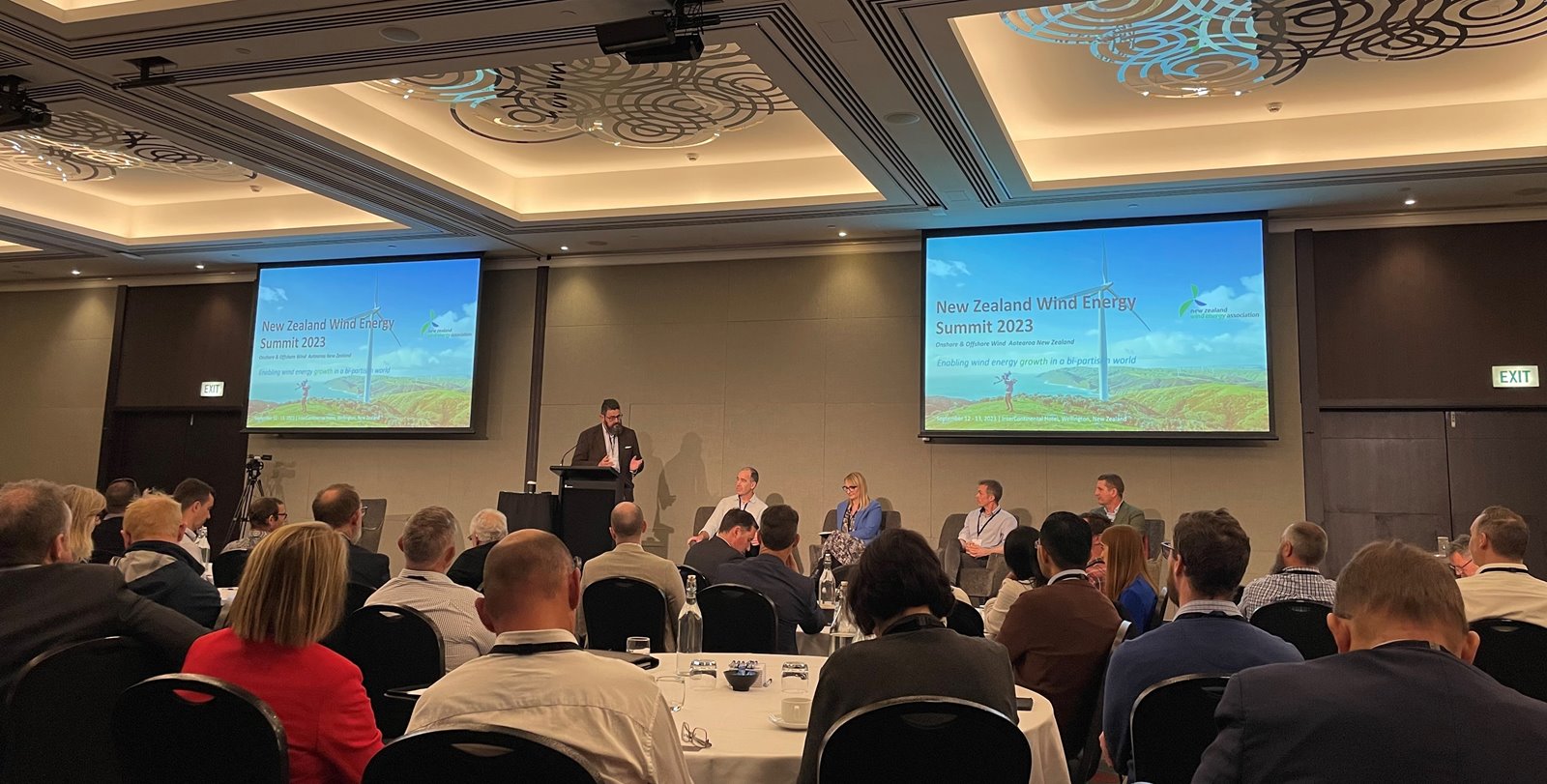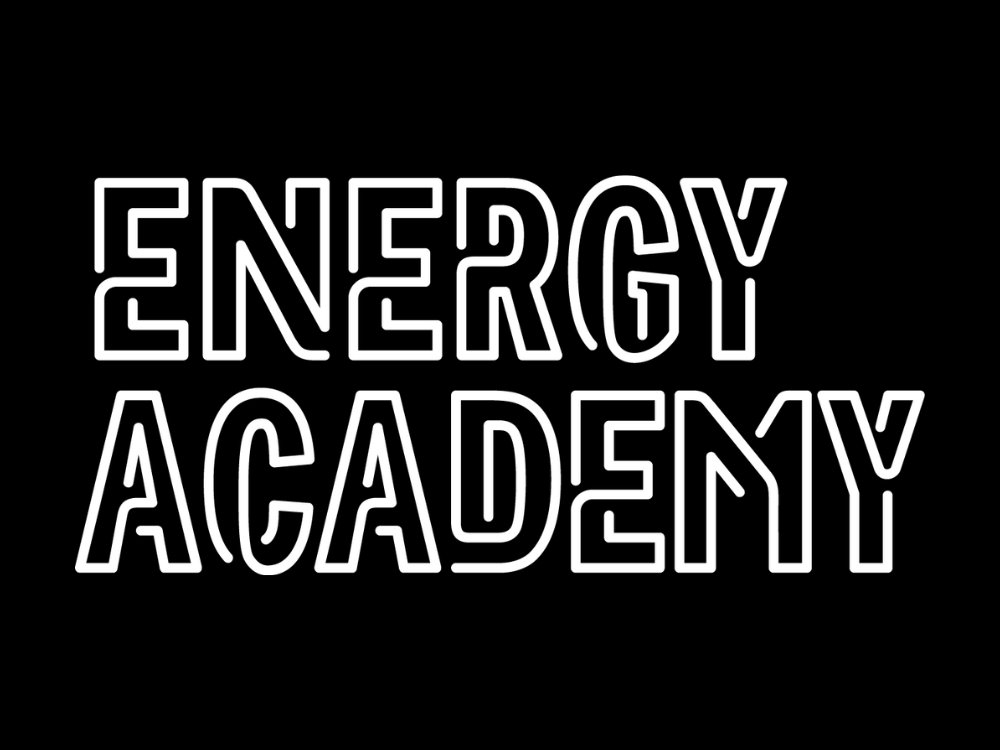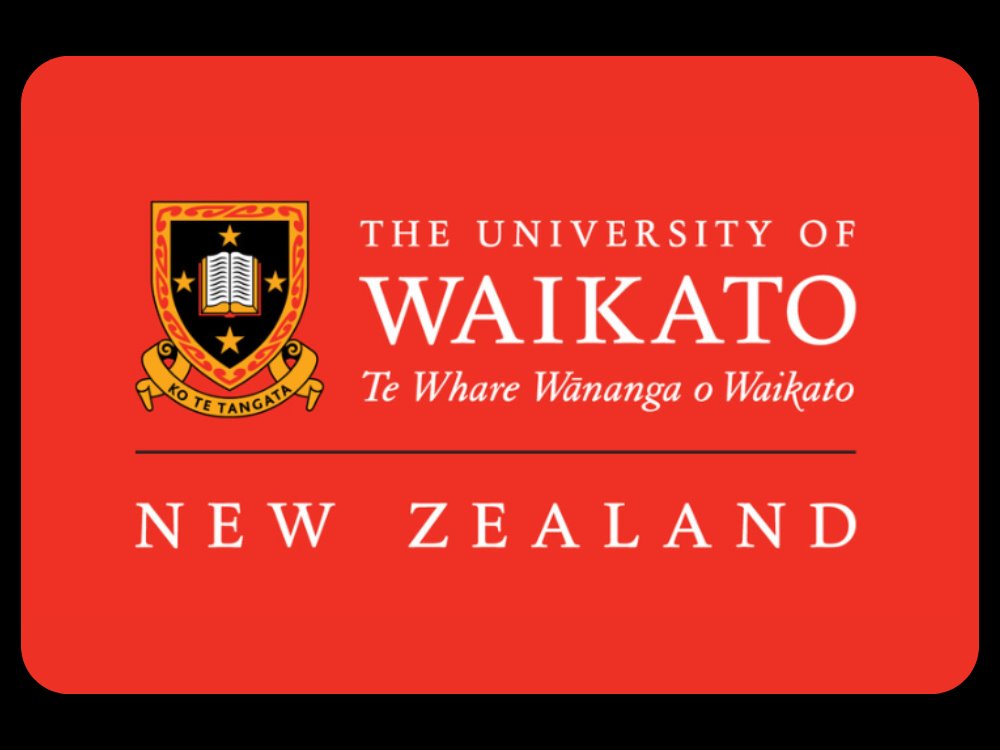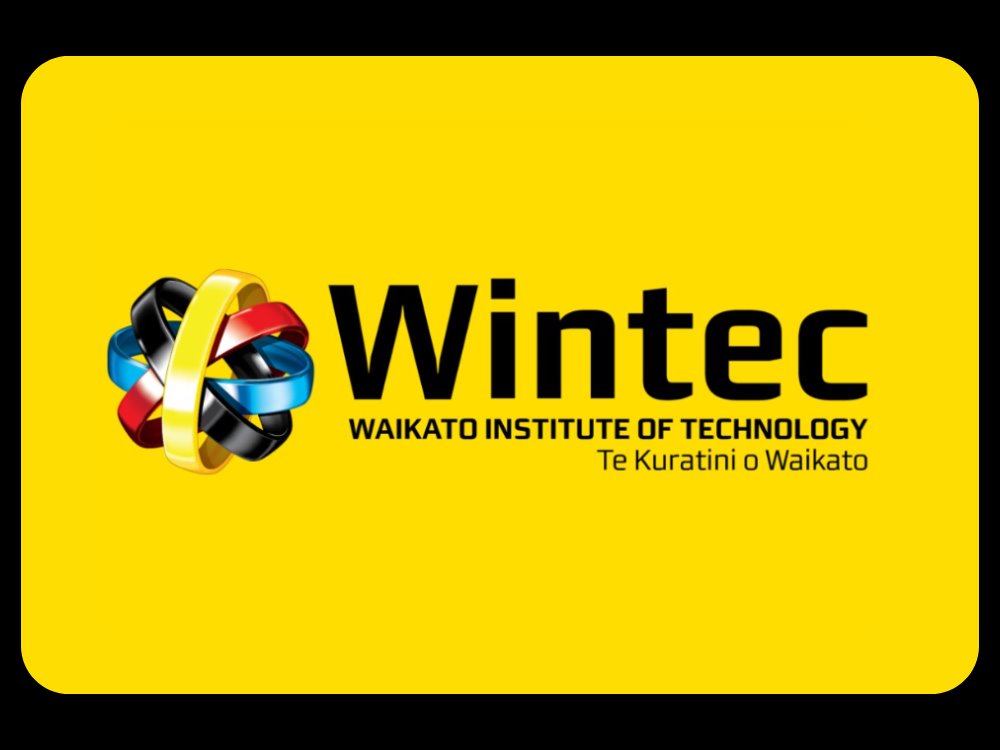Waikato has the potential to be a key renewable energy-producing region, helping Aotearoa New Zealand to reach its net zero emissions targets. It has a broad range of natural and infrastructural resources that power the region’s ability to generate, store and supply energy across New Zealand and (eventually) the world.
Energy Generation in the Waikato
Waikato is New Zealand’s leading energy generation region, and home to the country’s oldest regional energy strategy. The strategy, developed by the Waikato Regional Energy Forum Trust, sought agreement from the regional community on how to ensure locals can continue to access reliable energy at affordable prices, which helps to maintain resilience and a high quality of life within the community.
The region has considerable energy generation assets in a range of forms. Waikato is home to the majority of New Zealand’s geothermal power, as well as significant hydroelectric power stations. The Huntly Power Station is the largest thermal power station in New Zealand, powering many thousands of homes across the upper North Island. The Waikato also has significant potential to be a key renewable energy-producing region, with expertise, infrastructure and investment being harnessed to this end.
Why Waikato?
Waikato’s energy sector has a long history of energy generation as well as the ability to adapt to meet new clean energy requirements. As New Zealand transitions to a carbon-zero economy by 2050, it will require a mix of traditional and renewable energy sources - both of which Waikato is able to provide.
There is significant untapped potential in Waikato’s geothermal and wind power assets. A significant offshore wind farm is currently being explored, with construction expected to begin by 2030.
Solar energy generation is an additional area of focus, with UK-based firm Harmony Energy given approval to develop one of Aotearoa New Zealand’s largest solar farm – the Tauhei Solar Farm in Te Aroha. Learn more here.
As one of New Zealand’s leading regions for energy generation historically, Waikato has significant existing expertise and infrastructure that can be repurposed for new, clean energy sources. This gives the region a key advantage in the race to generate, store and supply renewable energy both within New Zealand and internationally.
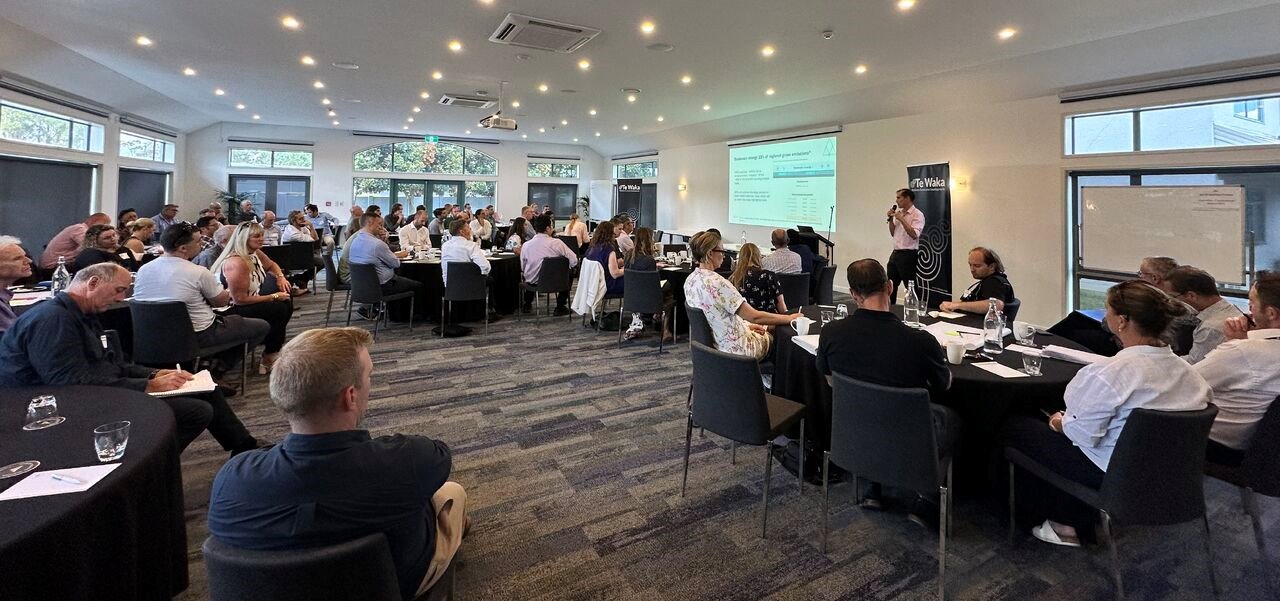
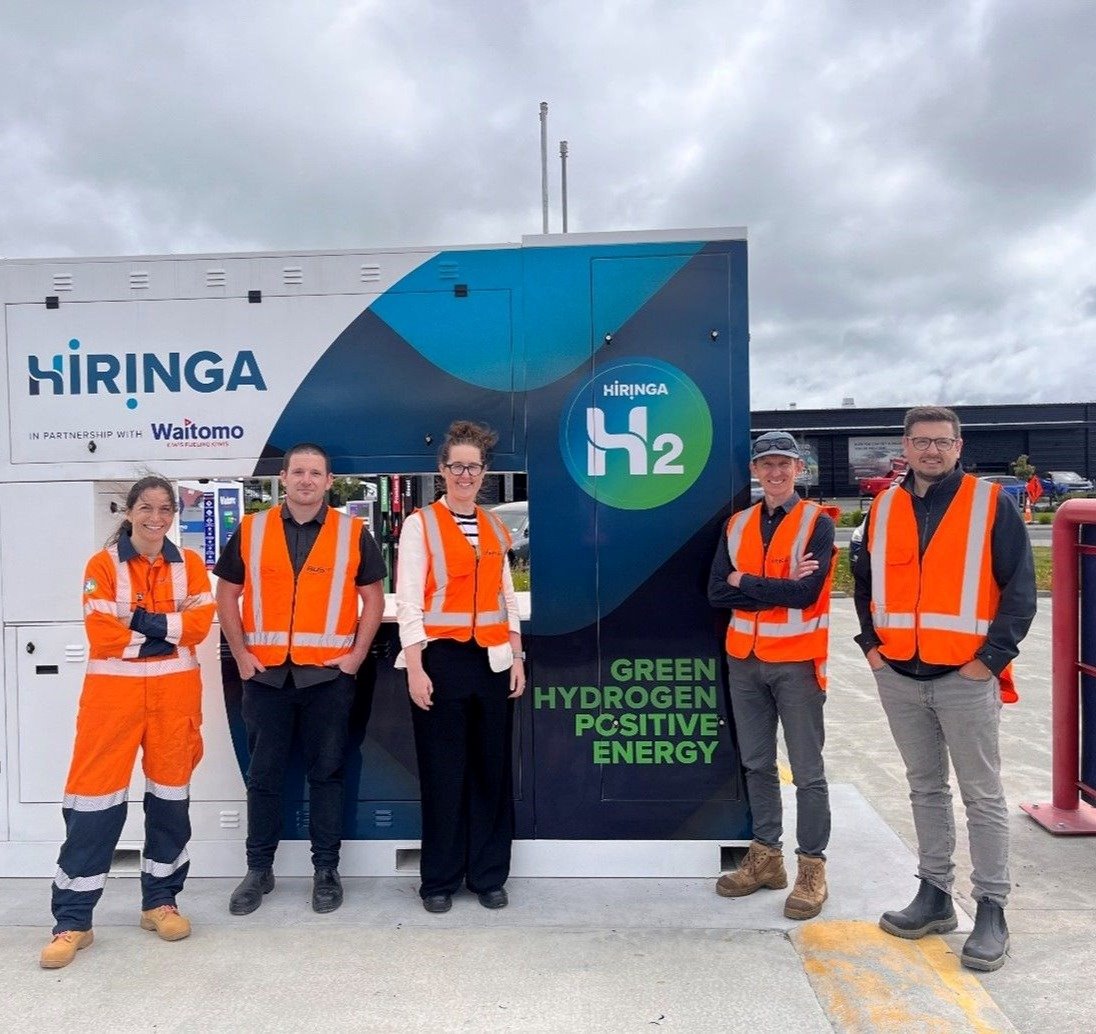
Te Waka and Energy
Te Waka is actively involved in exploring how Waikato can meet the changing energy sector needs of the future. We partner with global leaders to support the development of the region’s renewable energy sector.
Te Waka has partnered with BlueFloat Energy and Elemental Group Limited to transform the region’s economic performance in the energy sector. A current focus is The Waikato Offshore Wind project, which will help decarbonise the local industrial ecosystem and support the sustainable growth of energy-intensive industries. Click here to find out more.
The transformation of the Waikato energy sector has clear environmental benefits, and will also help to create hundreds of jobs within the region. This includes direct employment in the energy industry and indirectly in sectors such as construction and maintenance.
Workforce & Training
Get in touch with the training providers below that offer specialised training for the Energy industry. Explore opportunities to upskill your staff and connect with students to build your talent pipeline.
Local Training Providers
Sector Initiatives
- Waihanga Ara Rau Workforce Development Council, develops and maintains qualifications, unit standards and micro-credentials for the construction and infrastructure, and includes energy and sustainability.
Gateway programmes are for secondary school students who want to explore job options while studying towards NCEA. They facilitate work-based learning opportunities for students, offering a vocational education pathway by providing hands-on experience in a real-world setting.
- Smart Waikato partners with local businesses to deliver a range of practical and innovative initiatives that support rangatahi transitioning from education to employment.
- The Regional Energy Transition Accelerator (RETA) programme run by EECA is in development in the Waikato region. RETA aims to develop and share a well-informed and coordinated approach for regional decarbonisation. Contact us for more information on the programme.
Further Resources
Related content
-

Reflections from the 2024 NZ Offshore Renewable Energy Forum
-
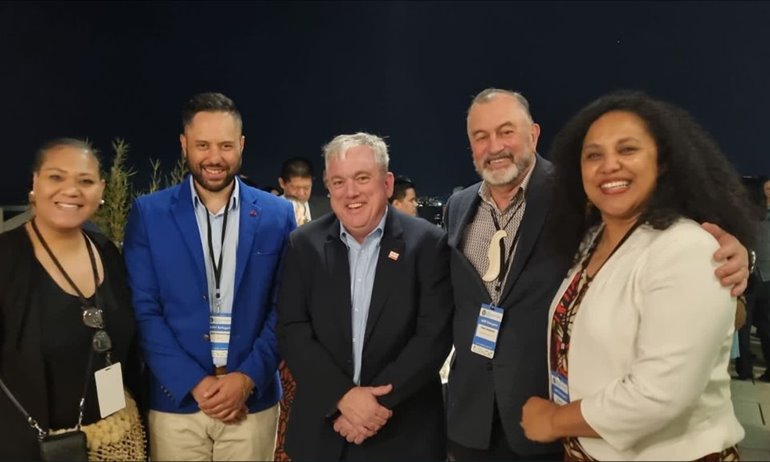
Waikato and Pacific voices championed at the APEC Leaders Summit 2023
Waikato Pacific Business Network Chairperson and WEL Energy Trust Chair Rachel Afeaki represented the Waikato on the global stage at this year’s APEC Economic Leaders’ Week in San Francisco last month, which she attended as a member of the New Zealand delegation.
-
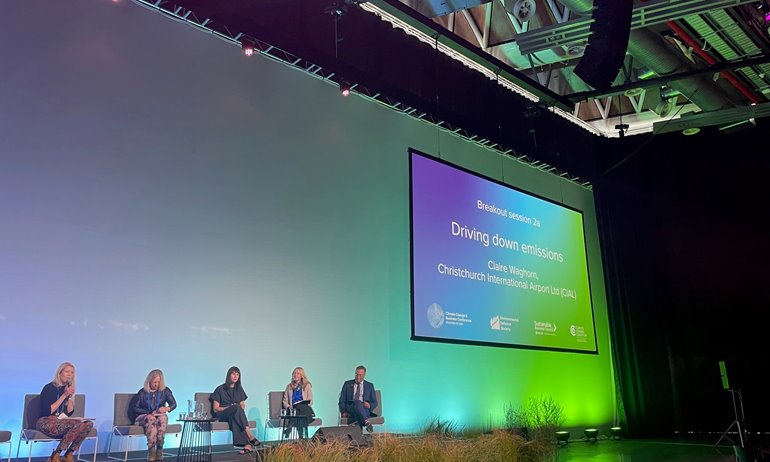
Reflections from the Climate Change & Business Conference 2023
Attending for the second year, Te Waka General Manager Economic Development Rosie Spragg shares her key reflections from the conference, with a focus on areas of opportunity for the Waikato:
-
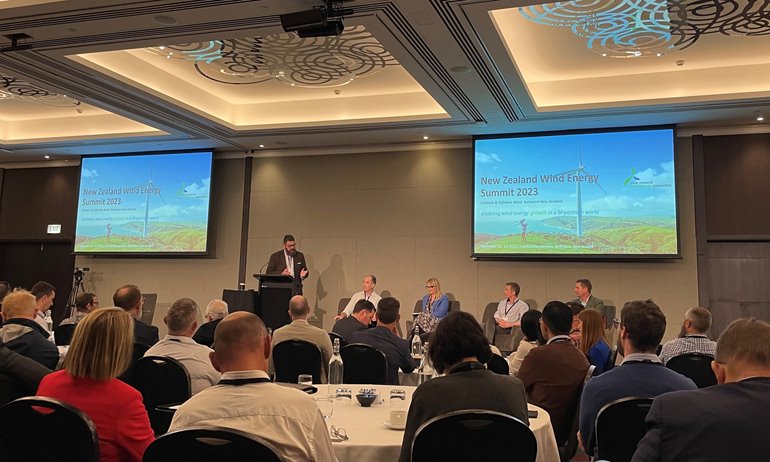
Reflections from the Wind Energy Summit 2023 Part 2: The need for bold leadership and innovative partnerships
In this second of two articles on the Summit, Rosie shares her reflections on key challenges we are likely to face in establishing an offshore wind industry in Aotearoa New Zealand, and the need for bold leadership and innovative partnerships to overcome those barriers.
No events found.

.jpg?sfvrsn=c12980b8_4&mode=crop&width=1600&height=450&format=jpeg&quality=85)
